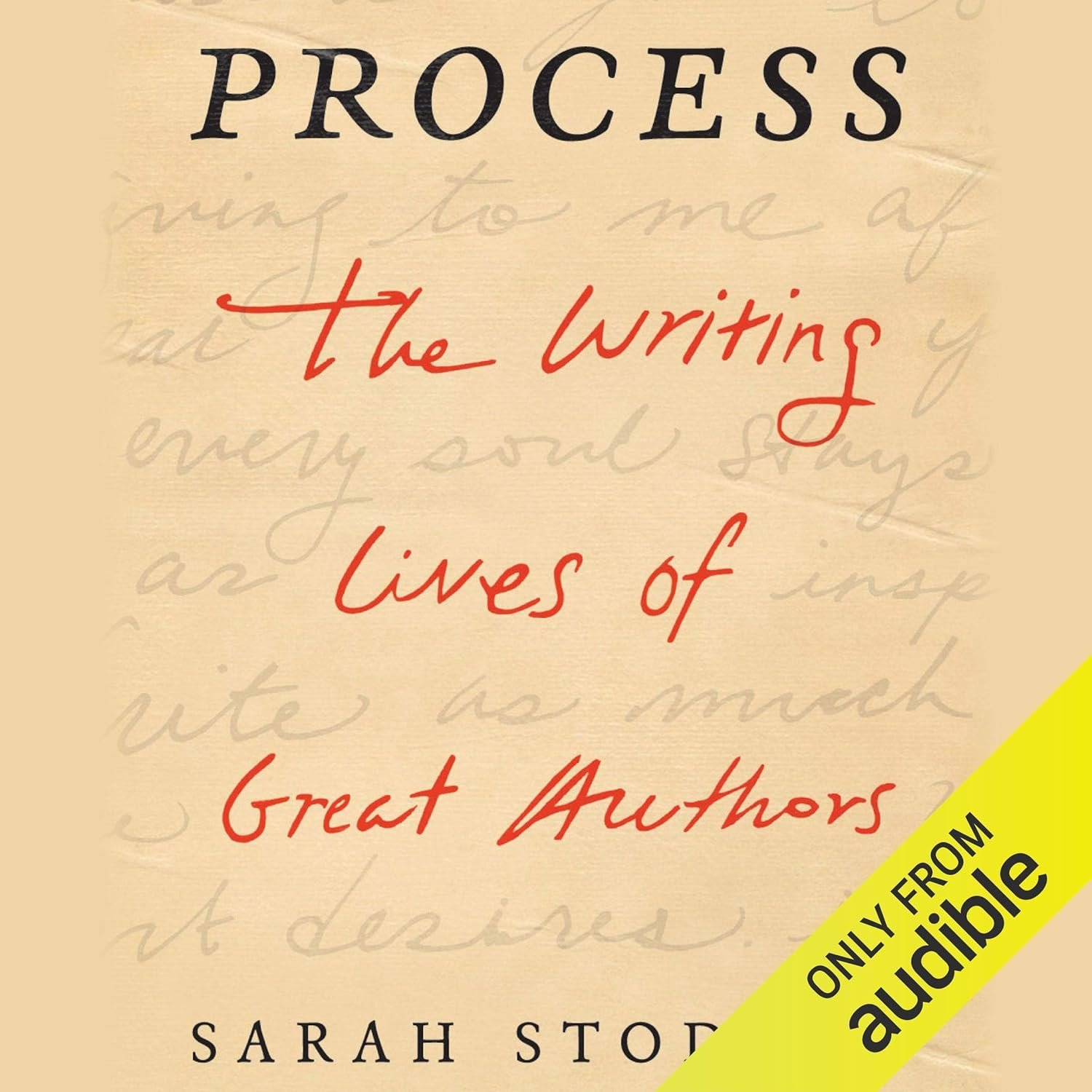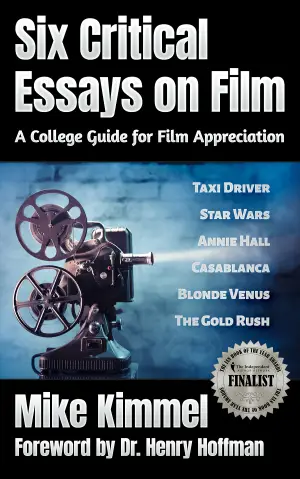
09 Jul Unlocking Creativity: Insights from the Writing Journeys of Literary Legends
Exploring the Labyrinth of Literary Process: A Review of Process: The Writing Lives of Great Authors
When I first stumbled upon Process: The Writing Lives of Great Authors by Sarah Stodola, I felt a spark of excitement ripple through me. As someone who’s navigated the unpredictable waters of writing, the opportunity to peer into the personal processes of literary giants felt like an unmissable invitation. How do the likes of Ernest Hemingway and Joan Didion tackle the blank page? What drives their creativity? It was a chance to explore not just their art, but the very essence of their writing lives.
Stodola’s book does an incredible job of intertwining the biographies of each author with insights into their writing processes. Each chapter features a different writer—ranging from the iconic Franz Kafka to contemporary voices like Zadie Smith. What struck me most was the vivid portrayal of their daily struggles and triumphs. This isn’t merely a collection of writing tips; it’s a tribute to the intricate relationship between life experiences and the craft of writing. For instance, the anecdote of George Orwell thrashing out drafts in the rush of an unyielding routine reminded me that behind the polished prose we love lies a chaotic and often grueling process.
Stodola’s writing style is both accessible and engaging. She manages to balance thorough research with an informal, conversational tone that invites readers to just sit back and enjoy, almost like sitting with a friend who shares juicy stories about mutual acquaintances. I found myself nodding along as Stodola deconstructed the myth that writers possess some magical formula for success. Instead, she demonstrates that hard work, endurance, conscientious revision, and personal rituals (like Didion’s comforting choice of writing in bed) form the backbone of successful writing.
One quote that echoed with me was from the review by Jeannette Hartman, who remarked that "there are no magic secrets to writing." This sentiment resonates deeply; it serves as a reminder that behind every masterpiece is often a journey fraught with self-doubt and relentless labor. The structure of the book—where each author’s writing day is outlined—adds a lovely rhythm, making the book easy to pick up and put down, allowing readers to digest each writer’s unique rhythm at their own pace.
However, I did find that Stodola’s quest to highlight the personal quirks of each writer occasionally veered into minutiae that felt slightly off-topic, like documenting the specific pens or desks each author preferred. While these details are whimsical, I yearned for deeper insights into their actual writing methods. However, for aspiring writers looking for reassurance that they are not alone in their struggle, the narrative provides a comforting reminder that every writer has a unique path.
In conclusion, Process is a delightful read for anyone interested in literature, creativity, or the lives of writers. Whether you are a seasoned novelist or someone who scribbles thoughts in the margins, there’s something in these pages that speaks to us all—an acknowledgment of our shared battles as we push words across the page. I wholeheartedly recommend this book to aspiring authors and bibliophiles alike; it might just motivate you to embrace your writing journey with renewed vigor.
In the end, it’s made me reflect on my own creative process, reassuring me that the chaos and uncertainty of writing are, indeed, part of its beauty. So grab a cozy spot with your favorite drink and dive into the lives of these remarkable authors—you might just discover something profound about your own writing journey along the way.
You can find Process: The Writing Lives of Great Authors here >>









